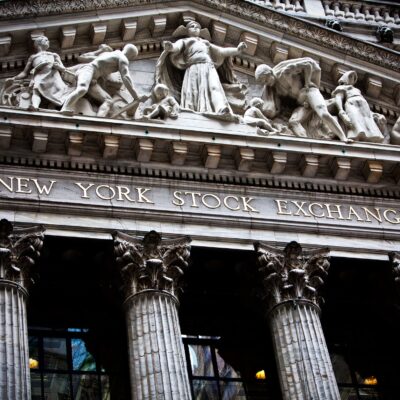
RECOMMENDED READING
The late Jack Bogle, founder of Vanguard Group and advocate for low-fee retirement investing, was once asked what he thought about a financial transaction tax. The man named by Fortune as one of the four investment giants of the 20th century responded: “I love it.”
A financial transaction tax (FTT) would levy a small fee (say, 0.10 percent) on the sale or purchase of securities such as stocks, bonds and derivatives. The most important reason for adopting such a tax, Bogle understood, is that it separates the wheat of vital, long-term value creation from the chaff of unproductive speculation and market churn. High-frequency trading, for example, now accounts for the majority of trading volume yet accomplishes little beyond transferring capital and talent from more productive pursuits. An FTT would help reverse those trends.
A second benefit of an FTT is that it raises considerable revenue without discouraging the investment that our economy needs. Policymakers could use the revenue to reduce taxes on long-term capital gains or give more favorable treatment to research and development expenses and capital spending. By shifting the burden of taxation away from productive activity and onto unproductive speculation, policymakers could simultaneously promote better-functioning financial markets and boost job-creating investment, all without increasing total tax revenue.
Recommended Reading
No Need to Speculate
Opponents of a financial transaction tax seem less intent on persuading than on covering for the generic impulse that financial markets shall not be impinged upon. That impulse should be resisted.
New Policy Proposals for Pro-Investment Financial Market Regulation
PRESS RELEASE—A financial transaction tax and other key reforms would confront Coin-Flip Capitalism and shift capital toward productive investment.
Issues 2024: Wall Street
For the American economy to boom again, financial markets will have to return to their proper role promoting productive investment.












